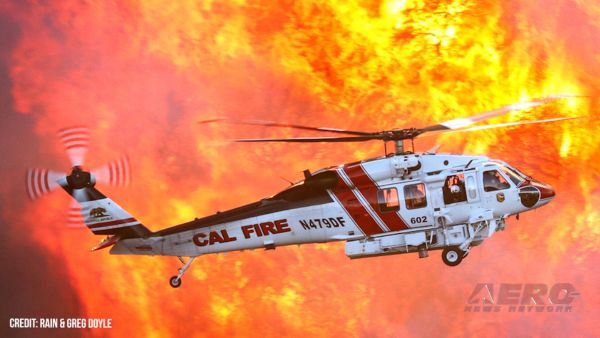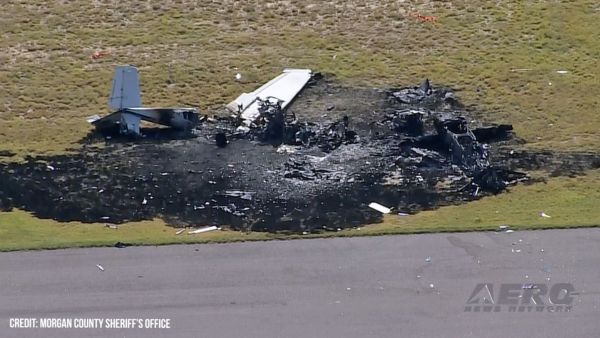Tue, Jan 21, 2025
Advertisement
More News
 Aero-News: Quote of the Day (09.03.25)
Aero-News: Quote of the Day (09.03.25)
“This incremental order marks another milestone in our company’s growth strategy. The Boeing 737 MAX offers exceptional fuel efficiency, reliability, and passenger comf>[...]
 Classic Aero-TV: 'WHOA Control' To The Max: Kitfox S7 STi Gets MORE STOLworthy!
Classic Aero-TV: 'WHOA Control' To The Max: Kitfox S7 STi Gets MORE STOLworthy!
From 2015 (YouTube Edition): One Of The Most Revered Classic SportPlanes Gets A New Set Of Wings... And Capabilities If you try to think about a kit airplane company that has passe>[...]
 ANN's Daily Aero-Linx (09.03.25)
ANN's Daily Aero-Linx (09.03.25)
Aero Linx: Society of Air Racing Historians The Society of Air Racing Historians (SOARH) is dedicated to preserving the complete and accurate records of air races, race pilots, and>[...]
 NTSB Prelim: Vans RV4
NTSB Prelim: Vans RV4
The Entire Instrument Panel Lost Power, And Then The Engine Lost Power On August 6, 2025, about 1925 central daylight time, a Vans RV4 airplane, N595BS, was substantially damaged w>[...]
 ANN FAQ: How Do I Become A News Spy?
ANN FAQ: How Do I Become A News Spy?
We're Everywhere... Thanks To You! Even with the vast resources and incredibly far-reaching scope of the Aero-News Network, every now and then a story that should be reported on sl>[...]
blog comments powered by Disqus





